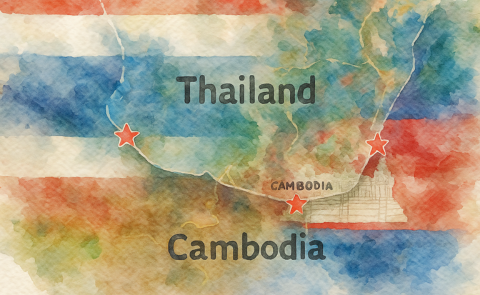Myanmar’s important election
Myanmar heads to the polls in December amidst a festering conflict, now running on five years. At home, the balance of power is constantly shifting between the military and the anti-junta forces. Internationally, there is a growing fatigue with resolving the conflict. However, for the ruling military this election is strictly about putting the derailed train of ‘limited democracy’ back on track.










